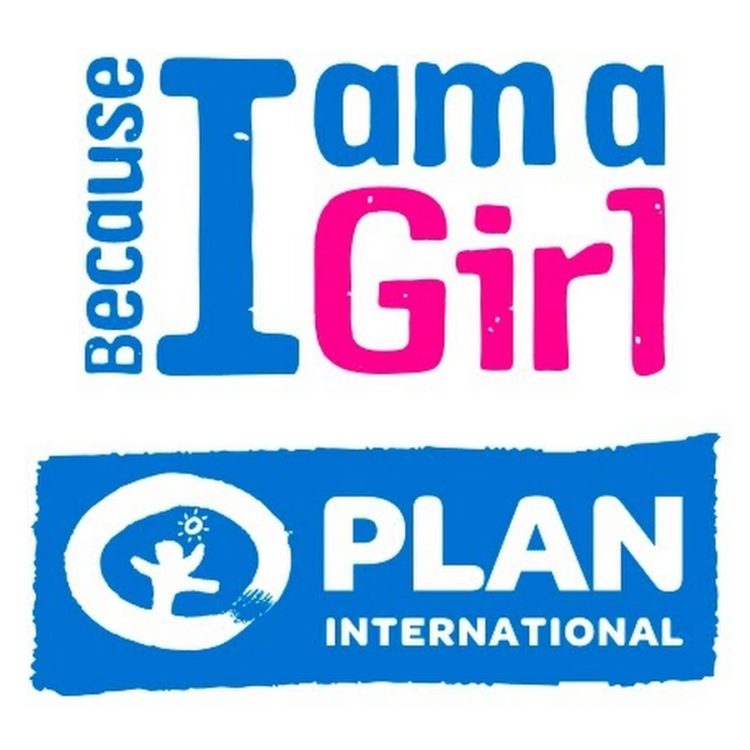By Sheila Mckenzie-
Sixty Six percent of female pupils in Uk schools are teased or bullied over menstruation in schools, a survey has revealed.
As a result Two In Three girls miss lessons because of their biological period, a government task force has revealed. The task force has urged schools to change the way they teach and talk about periods if they are to tackle the stigma that contributes to two in three girls missing lessons.
Plan International UK will work with Penny Mordaunt, the women and equalities minister, and Procter and Gamble over the next 18 months to find ways to tackle the root causes of period poverty in the UK. The cost of sanitary products and the shame that can surround periods is to be closely examined by the taskforce, as it maps a plan to use education about the issue to address concerns many female pupils face in schools
The scheme follows recent research that show the high rate of class skipping by girls that have occurred because of menstruation. This issue mostly escapes the attention of parents and the general public because it is scarcely raised on public platforms or news outlets. The few times where the topic has featured cannot compensate for majority of times it never comes up. the Results of the survey show that two thirds of girls have missed a part day or full day of school because of their period.The study, based on a survey of 1,000 girls and women between the ages of 14 to 21 years old, also revealed that one in five girls are subjected to teasing or bullying about their periods.
TACKLE
Lucy Russell, head of Plan International Uk head of UK said schools needed to take appropriate action to tackle the stigma around periods. She suggests beginning the discussion about menstruation and the reproductive cycle right from primary school, to raise awareness of periods and puberty among make young people, before it begins. According to Russell, boys should be included in the discussion.
Russell told The Eye Of Media.Com: A comprehensive educational approach that is inclusive of boys too needs to be introduced in primary schools to raise awareness of the challenges menstruation poses to female pupils.
“What we are getting the moment is feedback that boys are being told to go outside while the girls stay and listen to classes about menstruation,” Russell said.
“This really reinforces the message that periods are something to be hidden and tucked away. There needs to be a strong message in education and understanding how bodies work.” Research carried out by Plan found that commonly-cited reasons given by girls for period-related absence included concerns about leaking, anxiety about their period and embarrassment. Forty per cent of those who missed school reported struggling to catch up on work.
The study, based on a survey of 1,000 girls and women aged 14 to 21 years old, also revealed that one in five girls are teased or bullied about their periods. Plan’s research showed pupils want the wider health and social aspects of periods to be explained, well, such as how moods can be affected, pain relief and “what is normal and what’s not”. A more integrated and creative approach in how periods are discussed, like using literature, songs and plays, in a way that brings various subjects together is among the innovative mechanisms being considered for discussion.
In addition to resources and access to facilities, Russell has called for teachers to be fully trained and equipped to talk about periods, utilising resources and access to facilities. Russell said “extensive explanations” from young people are usually required whenever they asked for a bathroom break during lessons as a poor way of tackling stigma. As a result, schools are also being urged to “eliminate any barriers” to accessing products, thereby reducing the stigma around periods, Russell added. Examples of such barriers include forcing pupils to sign out products and only having sanitary pads in one location – like a nurse’s room.
“We completely understand that schools have to make their own judgement as environments vary, but just as a young person never needs to ask for toilet paper, an ideal situation would be they wouldn’t need to ask for sanitary products.”
Image: gogetmefunding.com




